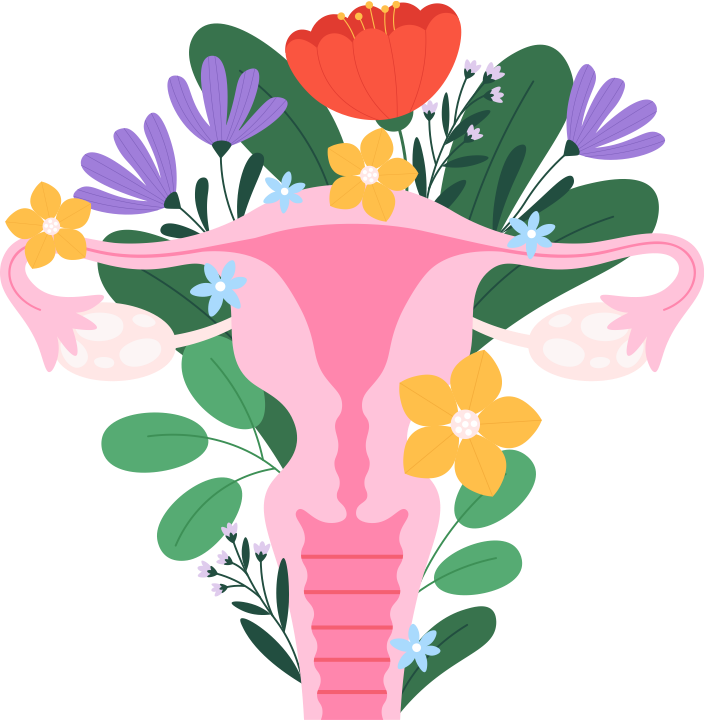 Have you felt dismissed or ignored by your doctors when you express concerns related to menopause? You’re not alone, and we think this is unacceptable. Too often we hear stories of women being disregarded by their practitioners. We believe there are options out there to help with menopause symptoms.
Have you felt dismissed or ignored by your doctors when you express concerns related to menopause? You’re not alone, and we think this is unacceptable. Too often we hear stories of women being disregarded by their practitioners. We believe there are options out there to help with menopause symptoms.
Patient centered menopause care is important to us. We listen to your needs and work in collaboration with you to ensure the physical, mental, emotional, and social aspects of menopause are given the attention and care they deserve. No two women have the same experience of menopause, we understand this, and each patient is provided with an individualized treatment plan.
Here are some of the components included in our menopause care:
- Education: Accurate, up-to-date information about menopause empowers you to own your experience, understand your symptoms and biology, and engage with treatment options and lifestyle changes that help you manage symptoms.
- Symptom Management: Menopause is a natural process that comes along with aging, however we can help manage the symptoms. We offer treatments for hot flashes, night sweats, mood changes, sleep disturbances, brain fog, vaginal dryness, and more. These treatments come in many forms, such as lifestyle counseling, botanical medicine, supplements, and sometimes HRT and other prescription medications. Ultimately, the treatment plan will be crafted for your unique needs.
- Screening and Prevention: There are a number of regular screenings that need to occur during this time of life. It is important that you stay on track with these. Your gynecologist and/or primary care doctor should be tracking these with you, however, we can review these to be sure you are staying on track. Example screenings include mammograms to check for breast cancer and a DEXA scan to observe bone density and screen for osteoporosis.
- Collaboration: You are always a collaborative member of the process. It’s important to us that you feel positively about your goals and treatment plan. In addition to ourselves, menopause care involves a number of healthcare providers, working together to provide you comprehensive care, complete important screenings, and provide education, counseling, and follow up, as needed.
- Mental Health Support: Menopause can carry with it unique challenges to mental health. You are entering a different phase of life and it can be challenging to transition into the next stage. Unlike the start of menstruation, when many young girls are praised as “becoming women”, menopause does not come with flowers and adulation. Additionally, your hormones are shifting yet again, which can make your emotions feel out of control.
- Routine Follow-up Care: We are here with you every step of the way, to check in on your symptoms, adjust the treatment plan, and address any new concerns or questions. Regular follow up care is a routine part of our menopause care. As a dynamic person, your needs shift and change, and we are here for you every step of the way.
Who can benefit from our menopause care?
- Individuals experiencing hot flashes, night sweats, brain fog, reduced energy, mood swings, diminished sex drive, vaginal atrophy, vaginal dryness, sleep disturbance, and more
- Individuals desiring adjunctive care to their gynecologist treatment
- Individuals seeking a naturopathic approach to menopause
What are some examples of the treatments we provide?
- Botanical medicine
- Nutritional guidance
- Supplement and medication prescriptions
- Lifestyle modification recommendations
- Stress management techniques
- Life transition guidance
Menopause can be a tough time, let us help make it easier. Together we can tackle the physical, mental, and emotional challenges associated with this transition. Listening to your concerns, managing symptoms, promoting your overall health, and helping you maintain a high quality of life are central to our approach. You are valued in our care.
*We understand that not all persons with a uterus identify as women. While we refer to “women” and menopause care as “women’s health” for the purposes of this article, we want to be sure all individuals who experience menopause know they are welcome in our care, regardless of gender identity.
